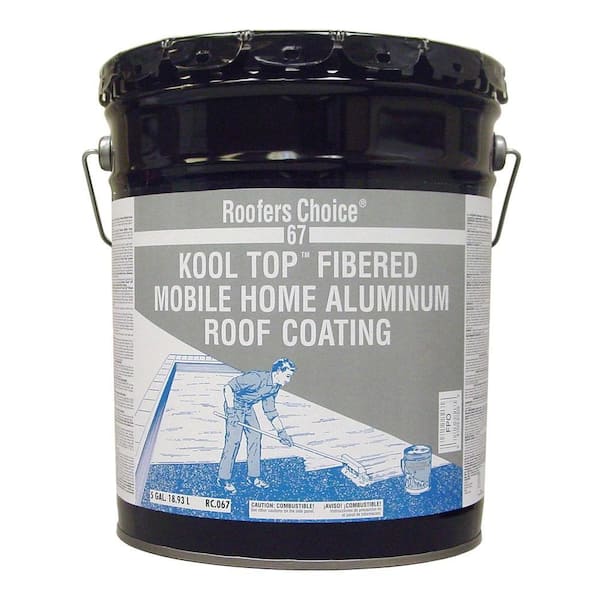Introduction
Mobile home roofs require proper maintenance to withstand the elements and protect the structure from water damage. Roof sealants play a crucial role in maintaining the integrity of the roof by providing a protective barrier against leaks and moisture infiltration. In this article, we’ll explore the different types of roof sealants available for mobile homes and how to choose the right one for your needs.
Types of Mobile Home Roof Sealants
Silicone Sealants
Silicone https://www.rfccambridge.com/ are highly durable and weather-resistant, making them an excellent choice for mobile home roofs. They offer superior adhesion and flexibility, allowing them to withstand temperature fluctuations and UV exposure without cracking or peeling.
Acrylic Sealants
Acrylic sealants are cost-effective and easy to apply, making them popular for DIY roof repairs. They provide good waterproofing properties and can be painted over for added protection and aesthetic appeal.
Butyl Rubber Sealants
Butyl rubber sealants are known for their excellent adhesion and sealing properties. They form a watertight seal that remains flexible over time, making them ideal for areas prone to movement and expansion.
Asphalt-based Sealants
Asphalt-based sealants are commonly used for patching cracks and sealing seams on mobile home roofs. They offer good waterproofing properties and adhere well to various roofing materials, but may require regular maintenance to prevent drying out and cracking.
Factors to Consider When Choosing a Sealant
Roof Material
Consider the type of roofing material used on your mobile home when selecting a sealant. Certain sealants may be better suited for specific roof materials, so choose one that is compatible with your roof to ensure optimal performance.
Climate
Take into account the climate and weather conditions in your area when choosing a sealant. Some sealants are designed to withstand extreme temperatures, UV exposure, and moisture, making them suitable for harsh environments.
Application Method
Consider the ease of application when selecting a sealant. Some sealants come in convenient caulking tubes for small repairs, while others may require specialized equipment or professional installation for larger areas.
Longevity
Look for sealants with a proven track record of durability and longevity. Investing in a high-quality sealant may cost more upfront but can save you money in the long run by reducing the need for frequent repairs and replacements.
Application Tips
Surface Preparation
Ensure the roof surface is clean, dry, and free of debris before applying the sealant. Use a wire brush or pressure washer to remove dirt, rust, and old sealant, and allow the surface to dry completely before proceeding.
Proper Application
Follow the manufacturer’s instructions for proper application of the sealant. Use a caulking gun or brush to apply the sealant evenly, paying close attention to seams, joints, and other vulnerable areas.
Allow for Cure Time
Allow the sealant to cure fully according to the manufacturer’s recommendations before exposing it to moisture or foot traffic. This ensures maximum adhesion and effectiveness of the sealant.
Conclusion
Mobile home roof sealants are essential for protecting the roof from water damage and prolonging its lifespan. By choosing the right type of sealant for your roof material, climate, and application needs, and following proper application techniques, you can ensure maximum protection and peace of mind for your mobile home.


